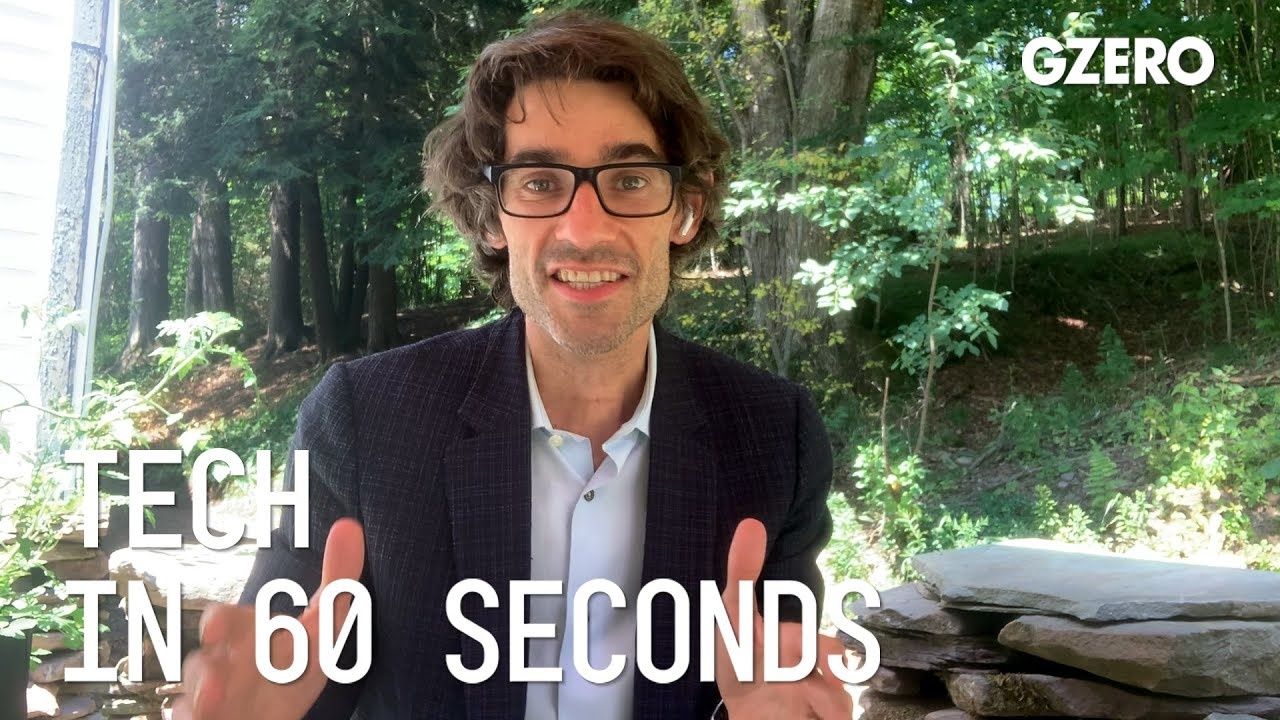
Nicholas Thompson, Editor-in-Chief of WIRED, provides his perspective on technology news:
How do you run a successful digital campaign in 2020?
Well, we know that all campaigning during 2020, because of the pandemic, will be digital. What do you need to do? My guess is that the most successful campaigns will be ones that really learn how to leverage personal connections, to make it easy for you to pass a message to someone in your address book. Because I think mass communication, mass blasts, registration forms to "get out the vote" on big web sites were saturated. It's going to be human to human contact that changes people's votes or gets people to the polls who wouldn't get there otherwise.
What is a dark pattern?
A dark pattern is a bit of web design that makes it hard for you to do something that the company doesn't want you to do. For example, it is very easy to subscribe to New York Times and there are lots of options. It's piece of cake. You press lots of buttons. It's great. Try to unsubscribe. It's much harder. This is true of many, many different sites. Try to delete your Amazon account. Good luck.
What is Starlink?
Well, Starlink is a system blasted up by SpaceX to give satellite Internet connection. Why is that important? Well, in rural areas that don't have fiber optic cables in the ground, it gives everybody a chance to get online. Will it work? So far, it's not bad. Connection speeds are pretty good and any way we can get more of this country connected to the Internet, particularly in a pandemic. The better.